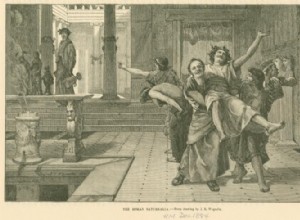After the death of Emperor Constantine, who could be described as a world-historical charisma, the Roman Empire went back into the era of civil war. The life of Emperor Constantine was almost bloody, but even worse after his death, it could be called a bloody clan. Successors of Constantine




